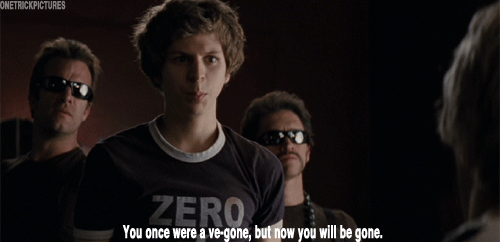The problem with Joe Rogan discussion that neither of these two guys were capable of interpreting research, in spite of Wilks' claims of spending twenty thousand hours (or whatever) digging into articles.
I dug out one of the Willet's studies, the one that "proves" that meat makes you die. It is the first one at this link (clicking the link downloads PDF file, so I can't link it here)
https://scholar.google.com.au/scholar?q ... i=scholart
It is a good example of how easy it is to generate a scare for the public. They used two cohorts from large projects, "37 698 men from the Health Professionals Follow-up Study (1986-2008) and 83 644 women from the Nurses’ Health Study (1980-2008) who were free of cardiovascular disease (CVD) and cancer at baseline."
I am not going to get into the details, only the conclusions. Meat consumption was associated with increases in mortality from cancer and heart disease by 13 to 20 percent. Overall 23.962 people died over the period of 22 - 28 years of follow up. Without getting into complex math, 20% extra on top of the average mortality means that death rate among heaviest meat eaters was about 24%. Extra 4% over 28 year period - in a study with numerous confounders (more smokers, higher calorie intake among meat eaters, for example) - is not something you should get excited about.
For example, mortality for consuming processed meat for lowest intake was 594/172 817 (0.34%) compared with the highest intake - 677/152 631 (0.44%). Sure, 0.44% minus 0.34% divided by 0.34% times 100 equals 29% difference. Now, you decide which number you want to focus on. Less than one in a hundred for highest versus... less than one in a hundred for the lowest per year.
Deciphering an article is a tedious job, and in many instances the authors do a very good job to make their numbers more impressive and presentable, so that they can get their week of glory with the media. This article, which is one of the pillars for WHO to claim that meat is bad, is an example of that.
Couple of months ago John Ioannidis, a very reputable epidemiologist, wrote an editorial in JAMA, where he said it best:
Effective dissemination of public health messages may need to focus on a few, powerful, easily understood, uncontentious pieces of advice. For example, uncontested, major recommendations include the following: do not smoke (or quit smoking), exercise regularly, do not eat too much, do not become obese, do not drink alcohol in excess, and sleep well. Conversely, the current informational cloud quickly becomes overpopulated with confusing minutiae. With limited mention of the major causes of death, the average person is bombarded with conflicting trivial messages about purported benefits of various nutrients, is prodded to improve health by owning dogs, or is stressed about modern smartphones and social media exposure. Even in countries with the best public health infrastructure (such as Switzerland), many people know only a small portion of the most essential facts about health. Given this rampant global health risk innumeracy, communicating secondary issues may be largely a fruitless detracting nuisance.
Amen, professor. Now guerss how much media coverage will his editorial get.
